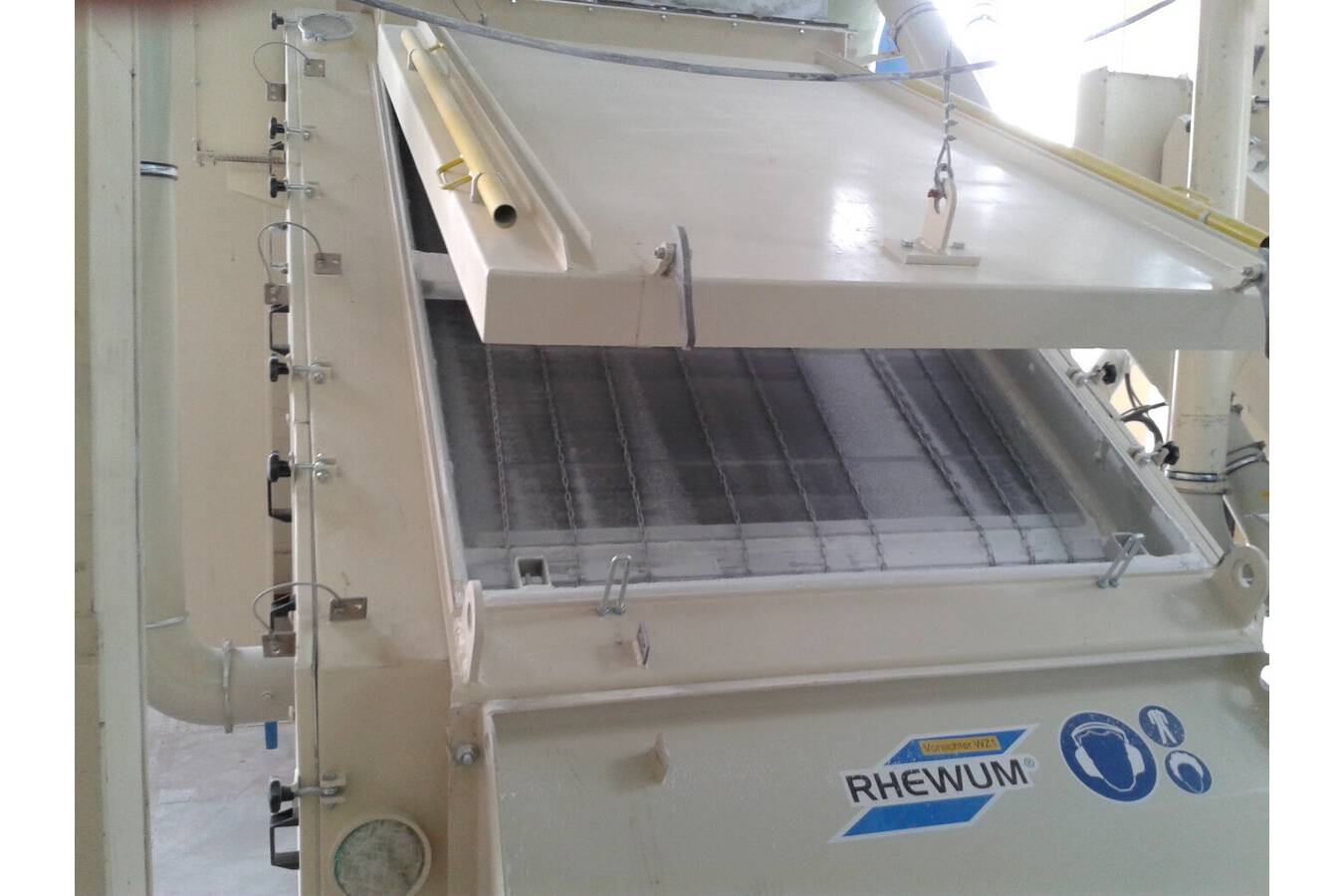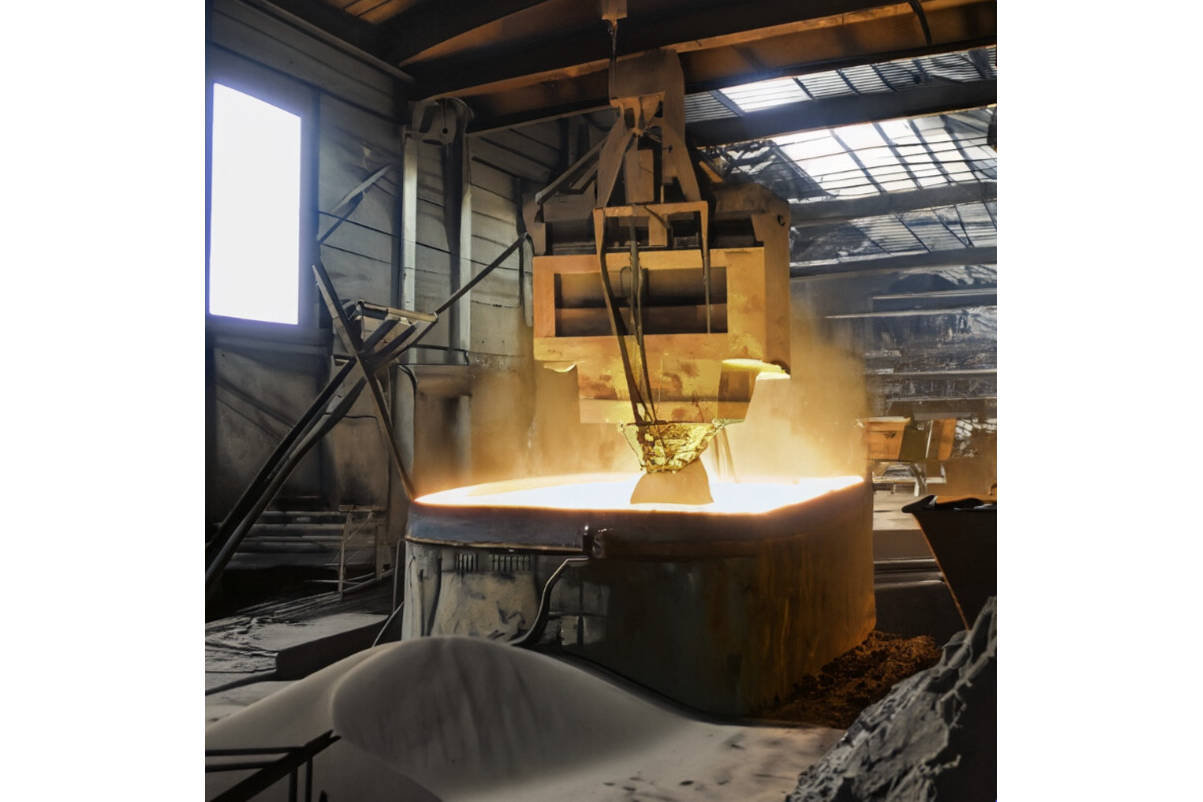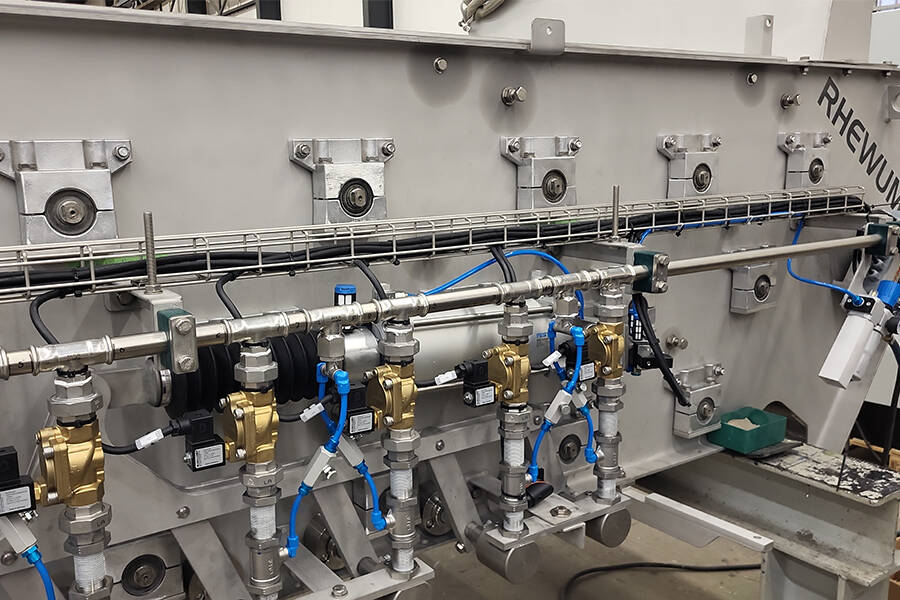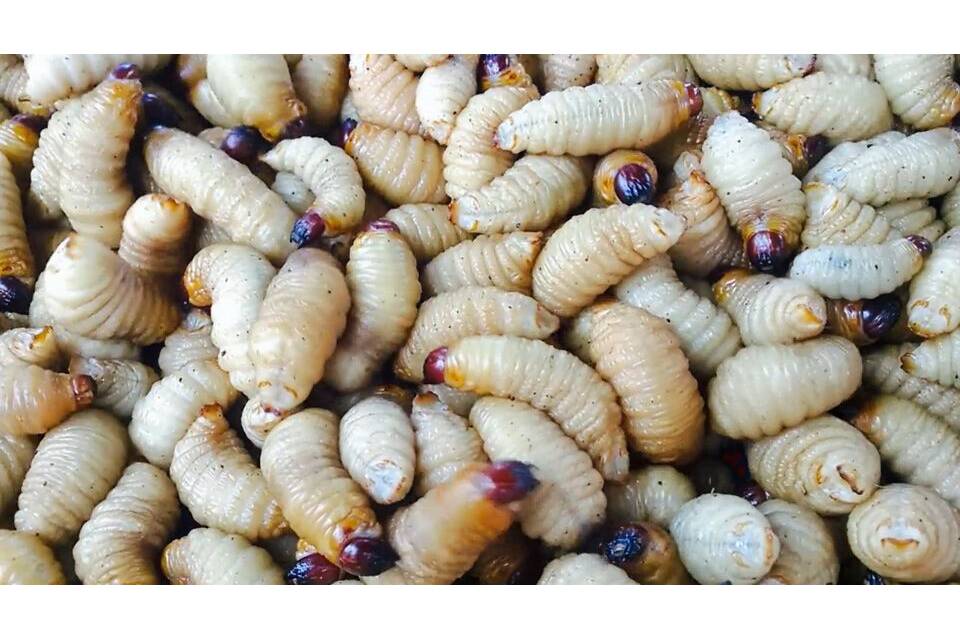Central to this process is the handling of ’black mass,’ a complex substance that presents unique challenges in recycling and especially screening.
Understanding Black Mass Screening
Black mass, primarily composed of valuable metals like lithium, cobalt, and nickel, also contains graphite, which complicates the recycling process. Screening is essential at different stages, such as removing larger metal foils during black mass creation and purifying black mass by removing materials like aluminum and copper.
The primary challenge arises from the large fraction of fine graphite particles in black mass, which can be as small as 10 µm. The nature of fine graphite as a sticky, greasy material complicates the process. It tends to adhere to other particles, making separation difficult. Additionally, graphite’s propensity to clog meshes and form agglomerates that move as cakes across screens reduces screening efficiency. Traditional screening methods often struggle with the fine, cohesive nature of graphite, leading to inefficiencies in separation.
Advanced Screening Techniques with Evidence of Success
In response to the challenges of screening finest cohesive materials, RHEWUM GmbH has developed advanced screening technologies that utilize high-frequency vibrations and significant acceleration forces to effectively separate the fine particles. This approach not only ensures a higher purity of the recovered materials but also significantly improves the yield.
The effectiveness of these methods in lithium-ion battery recycling is not just theoretical. Trials conducted by RHEWUM have shown remarkable results in terms of both purity and yield of the separated materials, demonstrating the practical viability of their technology in real-world scenarios.
- Trial 1 with RHEsonox®: Achieved a separation at 1 mm with a capacity of 1.3 tons/hour per square meter of mesh, maintaining purities of fines and coarse at 95% even with a 10% moisture content.
- Trial 2 with RHEsonox®: In this trial, the separation was at 0.3 mm, with a capacity of 750 kg/hour per square meter of mesh. The purity levels for both fines and coarse were again maintained at 95%.
- Trial 3 with RHEsono®: Demonstrated separation at 150 µm, with a capacity of 200 kg/hour per square meter of mesh. The yield of fine powder was greater than 96% with a purity of 95% for particles less than 150 µm.
Scaling for the Future
A key aspect of RHEWUM’s technology is its scalability. The screening machines are designed to handle large volumes of black mass, making them suitable for industrial-scale recycling operations. This scalability is vital in addressing the growing volumes of spent lithium-ion batteries.
Join us in pioneering the future of lithium-ion battery recycling. Discover how our advanced screening technologies can transform your recycling process. Contact RHEWUM GmbH today to learn more and take a step towards a greener tomorrow.



